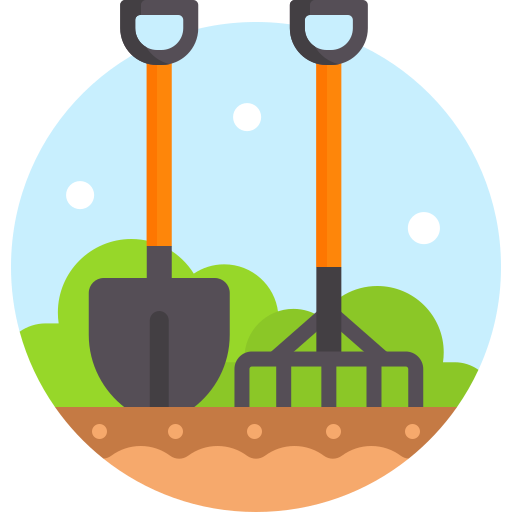I’ve grown chilis and cannabis without really knowing what I am doing, now I wanted to learn to grow any veggies, but finally learn about soil and prepare it well myself.
I naively tried to use coco substrate with tap water and killed off my tomato seedlings pretty fast. Then I’ve did some research into soil and learned about more organic approaches, and also that pure coco is a bit like dry hydroponics and needs a lot of understanding, and that I probably both over-fertilized and starved them at the same time.
I’m going to start from seeds in Mel’s mix with 1/3 coco 1/3 perlite/vernaculite 1/3 compost. Is this kind of substrate to be treated as organic or as mineral approach? The compost probably adds the typical soil properties including the buffering of pH and EC and taking care of fertilization.
But I do not want to re-pot all the time, it is messy and inconvenient. I don’t really like working with soil. Instead I want to use mineral fertilizers. Once the compost is depleted, can I consider it to be like a non-soil grow? I got a pH/EC sensor to check my water and the drain coming out, diluted a pH- down based on diluted citric acid to normalize my water to 6,5pH, which seems like a good starting point for any situation.
Does it make sense to follow some generic approach (like keeping pH/EC in certain ranges in certain growth stages)? I do not want to use commercial fertilization formula schemes. I want to work with standard off the shelf mineral fertilizers. Is it possible to get decent results with that?
And where can I find that kind of information for general vegetables, like tomatoes or cucumbers etc.?
The whole soil business is pretty overwhelming, but I want to learn enough (without getting a degree in agriculture) so that I can do this not blindly but improvise with available substrates and fertilizer. How to get this knowledge?


No problem! Look up “all you can eat in three square feet” there’s a good book of that title, could be some online stuff too. Also read up about companion planting.
Soil science both in terms of chemistry and micro organisms can be quite interesting, but probably only of much use for troubleshooting. Although the nature of balcony/pot growing probably makes it less relevant as you’ll be wanting to refresh the soil/compost each year so the conditions will be too changable to use that if you have problems. I’d focus on pest defence, light/heat, watering and fertilising (fresh compost will provide nutrients for a few months generally) over more specific soil conditions!